Award-Winning ‘Kokomo City’ Hits Theaters: Film About Black Trans Women Documents “Human Beings In Their Rawest Form”
- Oops!Something went wrong.Please try again later.
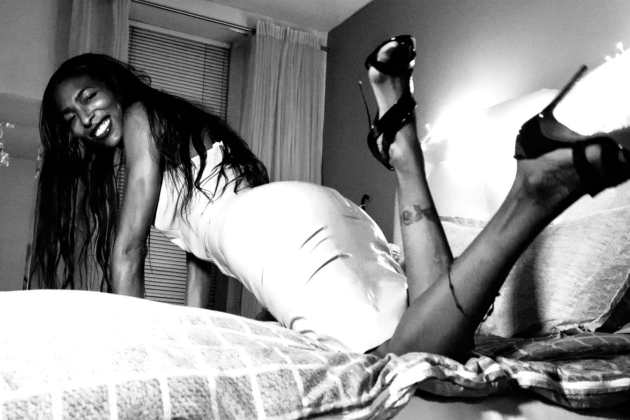
Bam!
Kokomo City grabs viewers from the first frame as Liyah, a Black trans woman, recounts meeting with a man at her home who was going to pay her for sex. Things were proceeding as expected until Liyah discovered a gun on the man’s person and concluded she faced an imminent threat. A fracas erupted as the pair fought for the gun, tumbling down a flight of stairs.
More from Deadline
Filmmaker D. Smith, in her directorial debut, recreates that moment in a rock ‘em sock ‘em scene as wild and visceral as anything you’ll see in a Hollywood film.
“There were no rules,” Smith tells Deadline about her approach to that sequence and the entire documentary. “That was just for me to really do everything that I always wanted to do [as a filmmaker].”
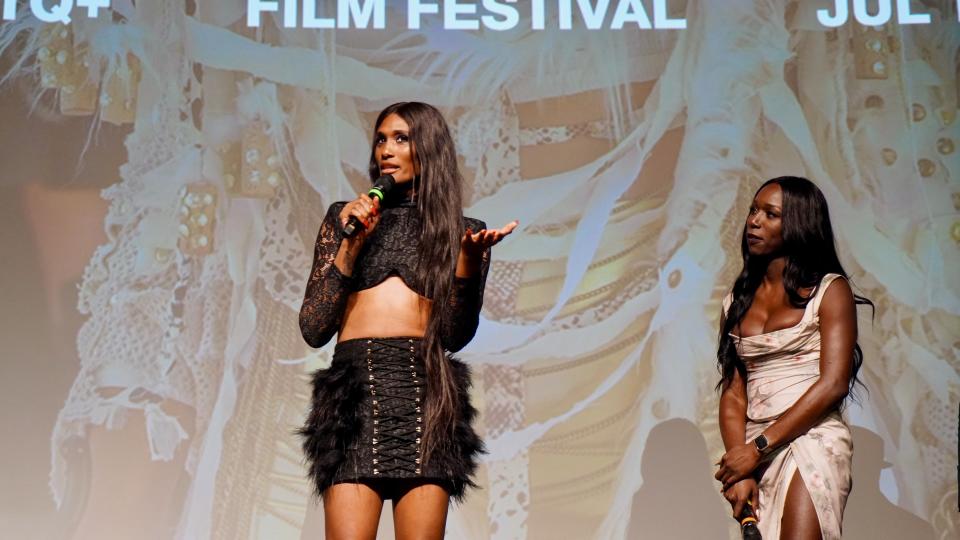
Smith’s fresh and dynamic direction has wowed critics and audiences since Kokomo City debuted at the Sundance Film Festival in January, where it won two awards. Magnolia Pictures released the film in Los Angeles this weekend after opening it in New York last weekend. For Smith, the documentary was a DIY project; she shot it herself and edited it — on iMovie, an app people typically use for slide shows, home videos and such.
“We had to transfer the final files [from iMovie], and it was a nightmare for my producer Harris [Doran], but he got it done, and I would never do that again. If iMovie would reach out to me, I kinda would let them know how to make that easier,” Smith jokes. “But it was great. I enjoyed it.”
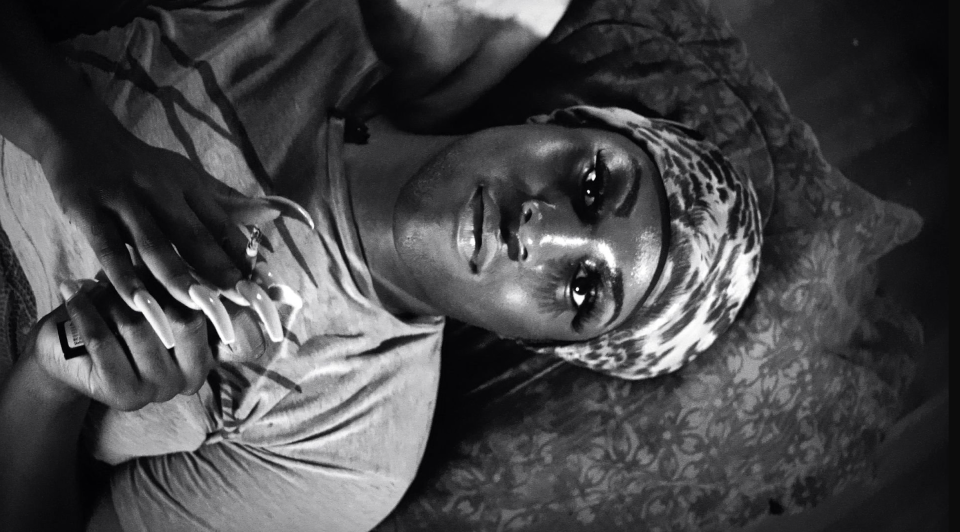
Smith also cast the film, building her narrative around compelling testimonials of four Black trans women, all of whom have done sex work at some point, as well as accounts from several African American men who either are in relationships with trans women or considering the possibility. It’s unfiltered, adamantly unapologetic.
“It feels like a conversation where the audience doesn’t feel like they can’t participate,” observes Emmy-winning producer-writer-actor Lena Waithe, who came on board Kokomo City as an executive producer. “You’re not just watching — you’re experiencing human beings in their rawest form. And that’s something we don’t see very often.”
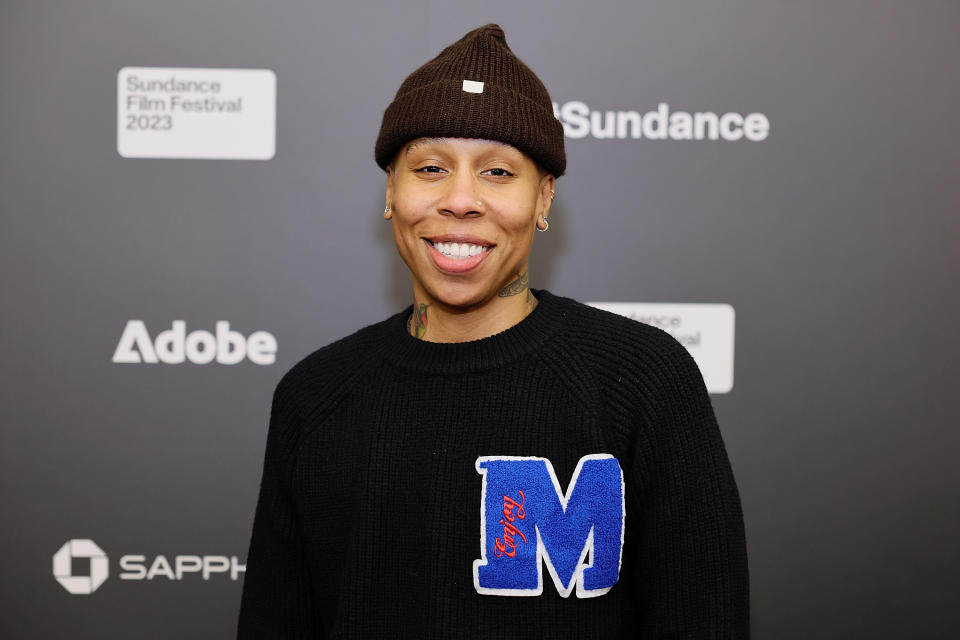
Waithe adds, “What moves me the most is the humanity. You can feel the rawness and the humanness from every person in the film.”
The trans women at the heart of Kokomo City aren’t pleading for acceptance. They aren’t really asking for anything, other than for people in the African American community to get real, acknowledge trans women exist and that some men seek their company but are too ashamed to admit it. Stop pretending, stop trying to conform to some standard of rectitude that can be traced to expectations of comportment imposed by a white-dominated society.
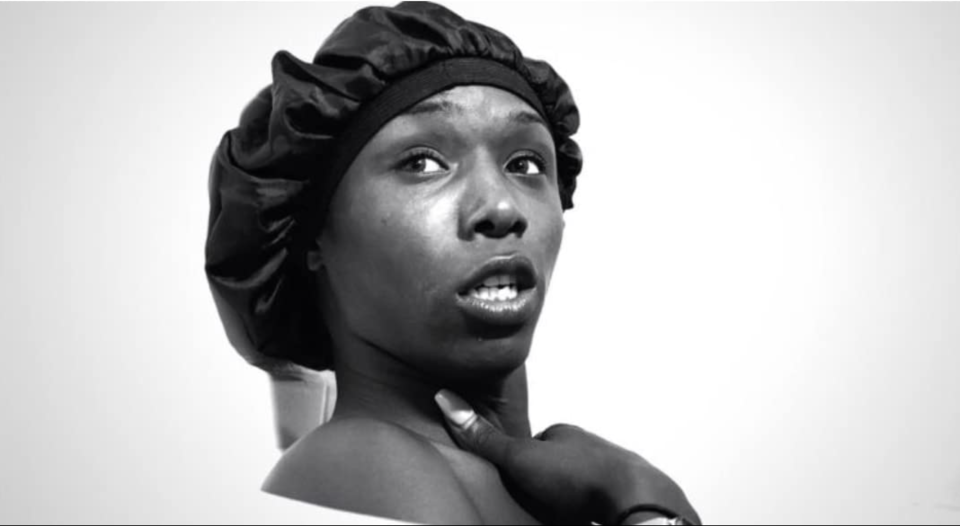
“The Black experience has always been limited to the way in which a white person told us we could live,” Daniella Carter, one of film’s protagonists, declares in Kokomo City. “And we threaten that as Black trans people, because what we’re saying to Black people who have been conditioned in that mindset that our Black men should be this way and Black women should be that way – we’re saying fuck all that.”
Smith insists, “You can’t get blacker than this film… I designed the film for Black people. That’s why I wanted us to talk like Black people, act like Black people, and we know what that means… We know the side eyes; we know our body languages. And I’ve wanted that. And that’s what [the women in the film] gave us.”
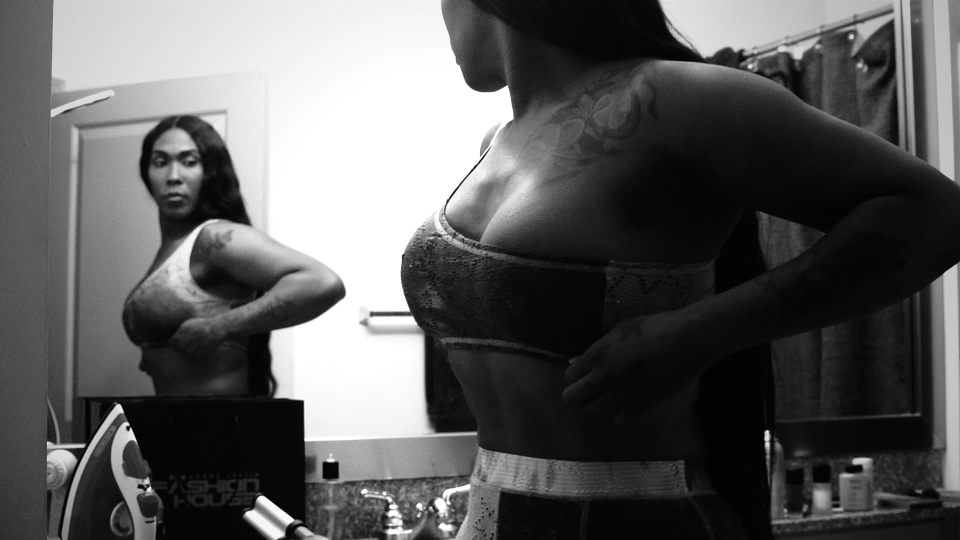
The film ends with a dedication to Koko Da Doll, one of the central women in the film. She was shot and killed on a street in Atlanta in April, possibly after an encounter with a client while doing sex work. It’s a reminder of the inherent danger of sex work for trans women, especially trans women of color. Many are forced into that line of work because employers in traditional professions won’t hire them.
Related: Trans Woman Featured In Hit Sundance Documentary ‘Kokomo City’ Shot And Killed In Atlanta
“It’s very haunting to see the film after her murder. But there’s many beautiful moments with her in the film that really reminds me why I had to have her in it,” Smith tells Deadline. “She was really the main one that spoke about how she lost all of her friends to being murdered.”
Smith continues, “The blessing is that I was able to meet her so spontaneously in Atlanta [while in town] to film another girl. If I had not filmed her, she just would’ve been another murdered trans woman in Atlanta… It was a blessing that we were able to really capture her presence and her demeanor and her voice, and just all of her energy in this film in such a beautiful, intimate way.”
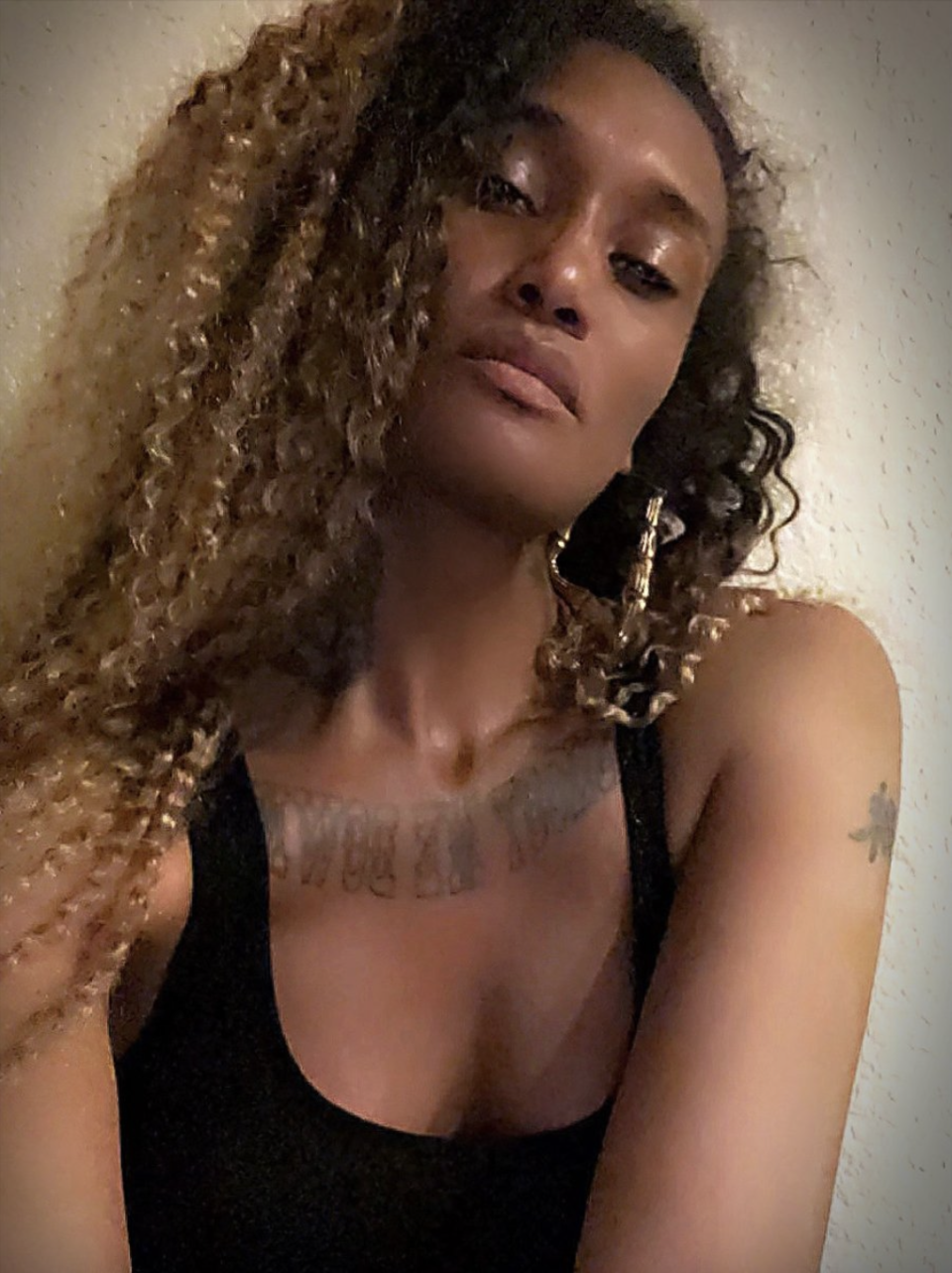
Smith publicly revealed her own transition in 2016. As a success in the music industry — Ciara, Fantasia, L’il Wayne are among the artists she worked with — she never had to do sex work to make ends meet. Yet coming out brought severe consequences, Smith says, costing her economic opportunities and friendships after many people in the recording industry shunned her.
“To transition and everything get thrown out of the window — all your credibility, all of your accolades, all of the titles that people give you, it just tears you absolutely into pieces,” Smith says. “You feel so useless, so hopeless that you’d just come into this dark rabbit hole of suicidal thoughts.”
Some force of will kept her going. “I remember some people around the [music] community saying I was going to ruin my career [by coming out]. And I said, ‘Okay. I can’t wait to prove them wrong.’”
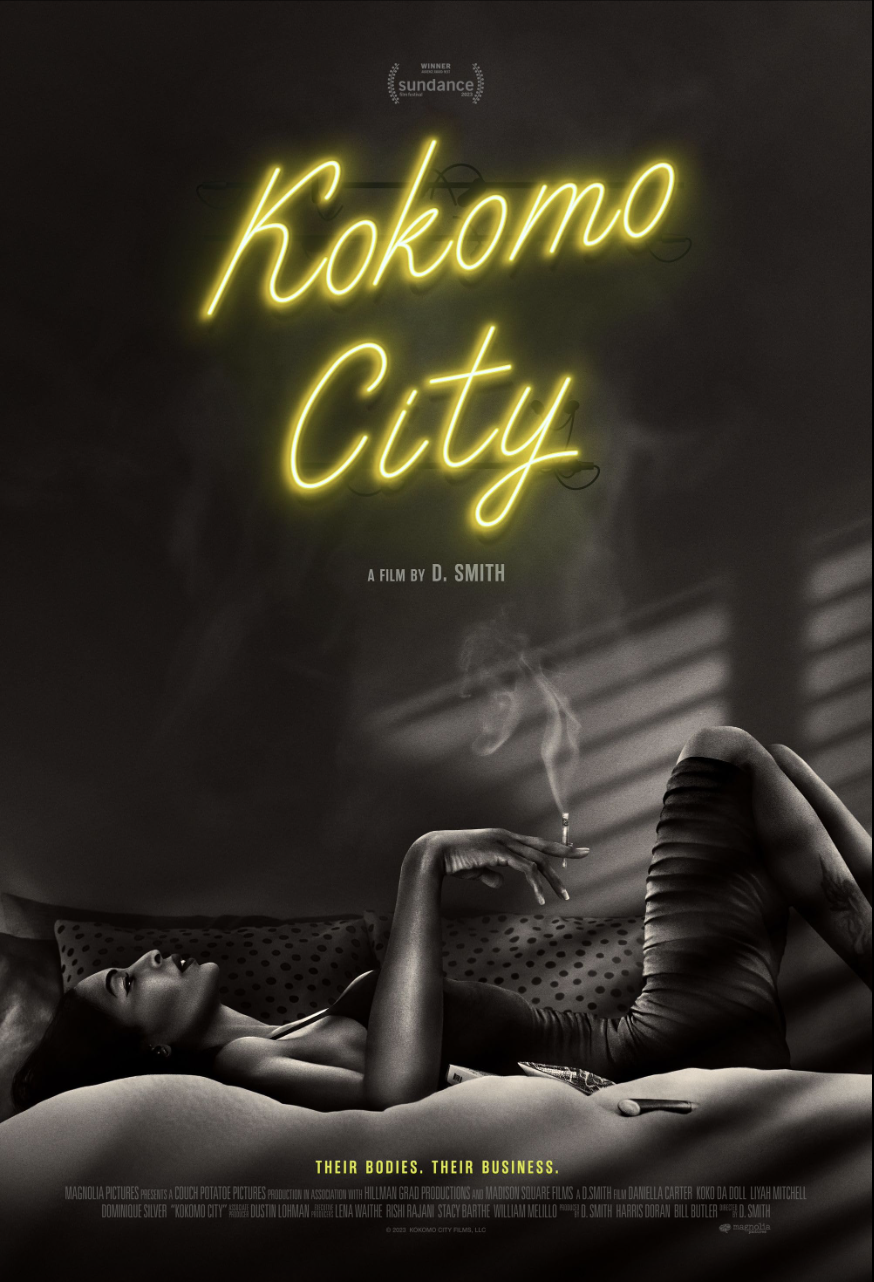
The proof has come in dramatic fashion, with Kokomo City winning awards at film festivals around the world. And when Hollywood, always on the lookout for fresh talent, first laid eyes on the documentary, agents immediately started calling. Smith signed with CAA a day before Kokomo City’s world premiere.
It’s clear speaking with Smith that KC is only a taste of what’s to come.
“Doing a documentary was the most economical way to be creative,” she says. “But I deeply, deeply, deeply want to do scripted… I am working on a new film, but I’m also in discussions with a production company right now that’s really interested in a scripted idea. I have my hands full for sure, but in the best way. It’s nothing like it was two years ago.”
Waithe, too, expects big things. “D. Smith is such a force,” she says. “I’m looking forward to what she does next.”
Best of Deadline
2023 Premiere Dates For New & Returning Series On Broadcast, Cable & Streaming
SAG-AFTRA Interim Agreements: List Of Movies And Series Granted Waivers
Hollywood & Media Deaths In 2023: Photo Gallery & Obituaries
Sign up for Deadline's Newsletter. For the latest news, follow us on Facebook, Twitter, and Instagram.

